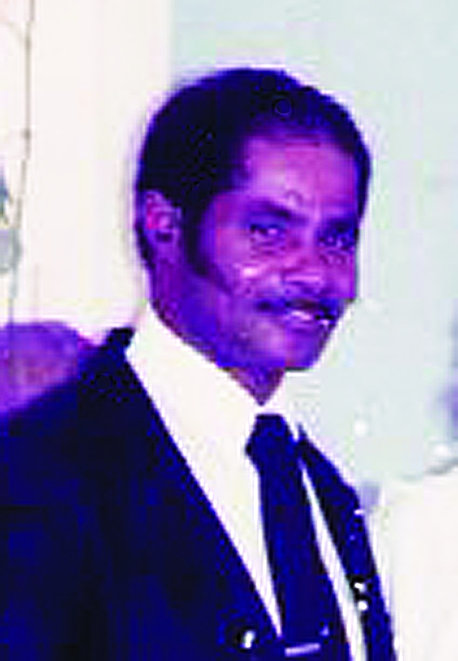Integrity: adherence to moral principles; honesty (Collins Dictionary of the English Language).
Integrity is one of the buzzwords often used by persons aspiring for some position of leadership – whether in politics, public service or an organization. Leaders tend to tout themselves as persons of integrity and this is something the general public expects of them. Unfortunately, we are sometimes disappointed when leaders do not live up to our expectations. In politics, for example, we have seen several examples of questionable integrity. Over the years, there have been the switching of political allegiances, cronyism, criminal charges and convictions for criminal activity – all factors affecting the level of trust we place in our leaders.
Our concerns, however, about the integrity of leaders, tend to stop at their public life. If we were to closely examine how leaders conduct their personal and social affairs there may be even more cause for concern. Many may disagree with the need to do this, and ask what does that have to do with their leadership capacity. To my mind, a person of true integrity must demonstrate integrity in all aspects of his or her life, not only the portion that is on public display. If a person lacks integrity in his or her personal life, that may be a good indicator of the type of leadership we should expect from him or her.
I do not often agree with the approach of the Americans on many issues – however, I do think that they are absolutely right when they subject anyone vying for public office to excruciating scrutiny. Some may think that this is too high a standard and unreasonable. “Who will make the grade?” some may ask. It is probably for this reason that we seem to have low expectations and only demand integrity from our leaders in matters that directly affect us. We are not alone in this. If we look across the region we will see that, by and large, the electorate seems to be similarly inclined. As a result, the Caribbean is overflowing with examples of political leaders who have embarrassed themselves, their families and their parties by their inappropriate personal conduct with impunity.
We must demand integrity in all areas from our leaders. Then, maybe, Caribbean leaders will be less concerned about establishing dynasties –be less egocentric and less dictatorial – and more concerned about the wellbeing of the people. I am convinced that our region could progress exponentially were it not for our dysfunctional political systems and power-hungry leaders, many of whom must undo everything their predecessors did regardless of the merit; many of whom refuse to let go the reins of power even when everything around them is crumbling; and many of whom either demit office kicking and screaming – or stretched out cold in a casket.
Rather than demanding integrity, and reflecting that demand in the way we vote, what seems to be the norm is mistrust of all political leaders and aspiring politicians. There is a mistrust of their motives, campaign pledges, agendas and sincerity. In fact, when the words “politician” and “integrity” are used in the same sentence, it often results in a few snickers if not open laughter. An election, therefore, boils down to a choice between “the devil and the deep blue sea” as the old folks would say. It appears to be literally a choice based on which of the untrustworthy can we live with for the next five years.
Isn’t it time that the people in the region in general, and in Anguilla in particular, stop encouraging our leaders in their political malpractices –shenanigans? We have a very powerful tool. It is called a vote. We can use it in a way that demonstrates that we are maturing into a region or nation that requires higher standards from those in public office. We can use it to raise the level of political debate from baseless, guttural utterances to the ventilation of issues – that affect our daily lives – such as employment, education and healthcare. We can use the vote to demand integrity. Integrity does matter.








